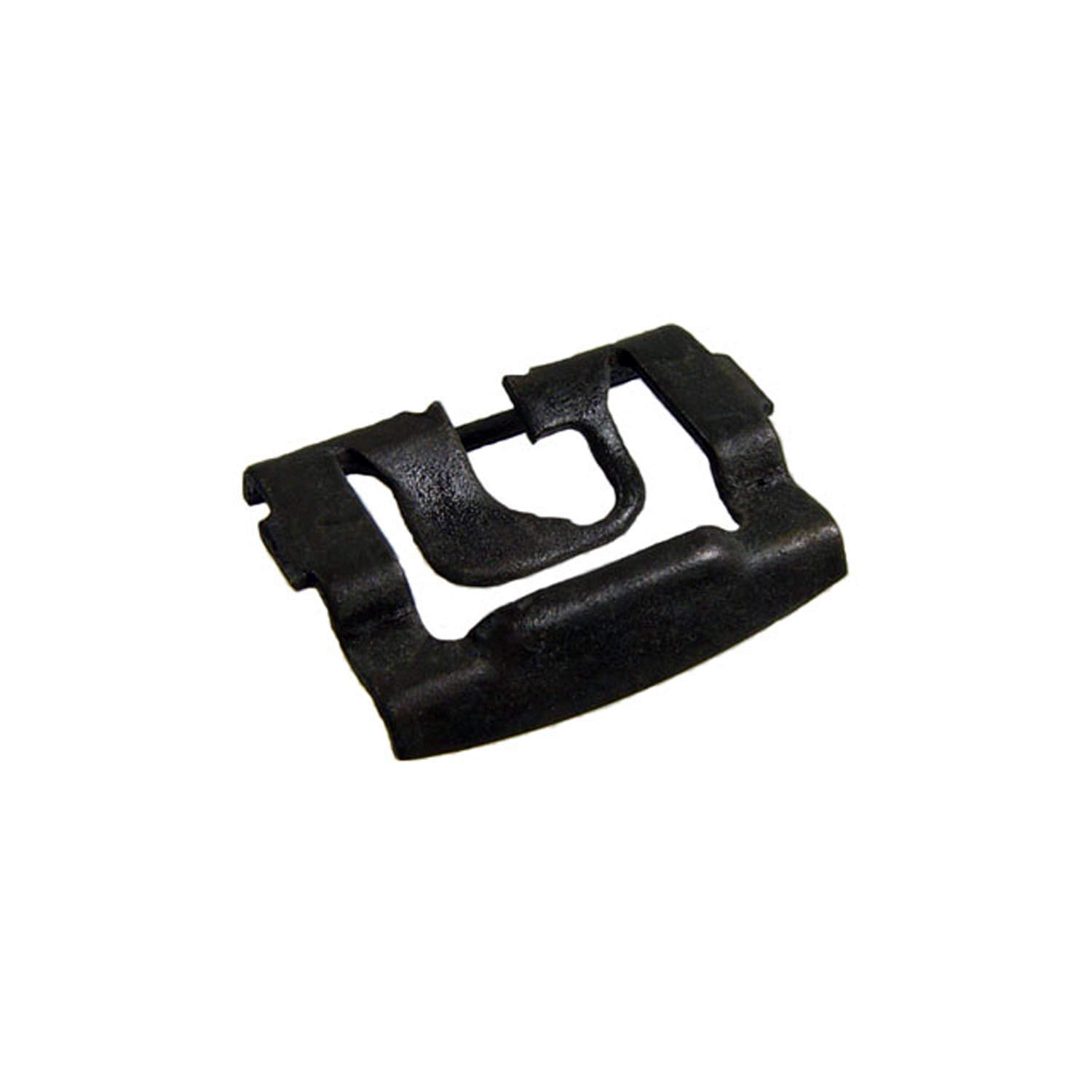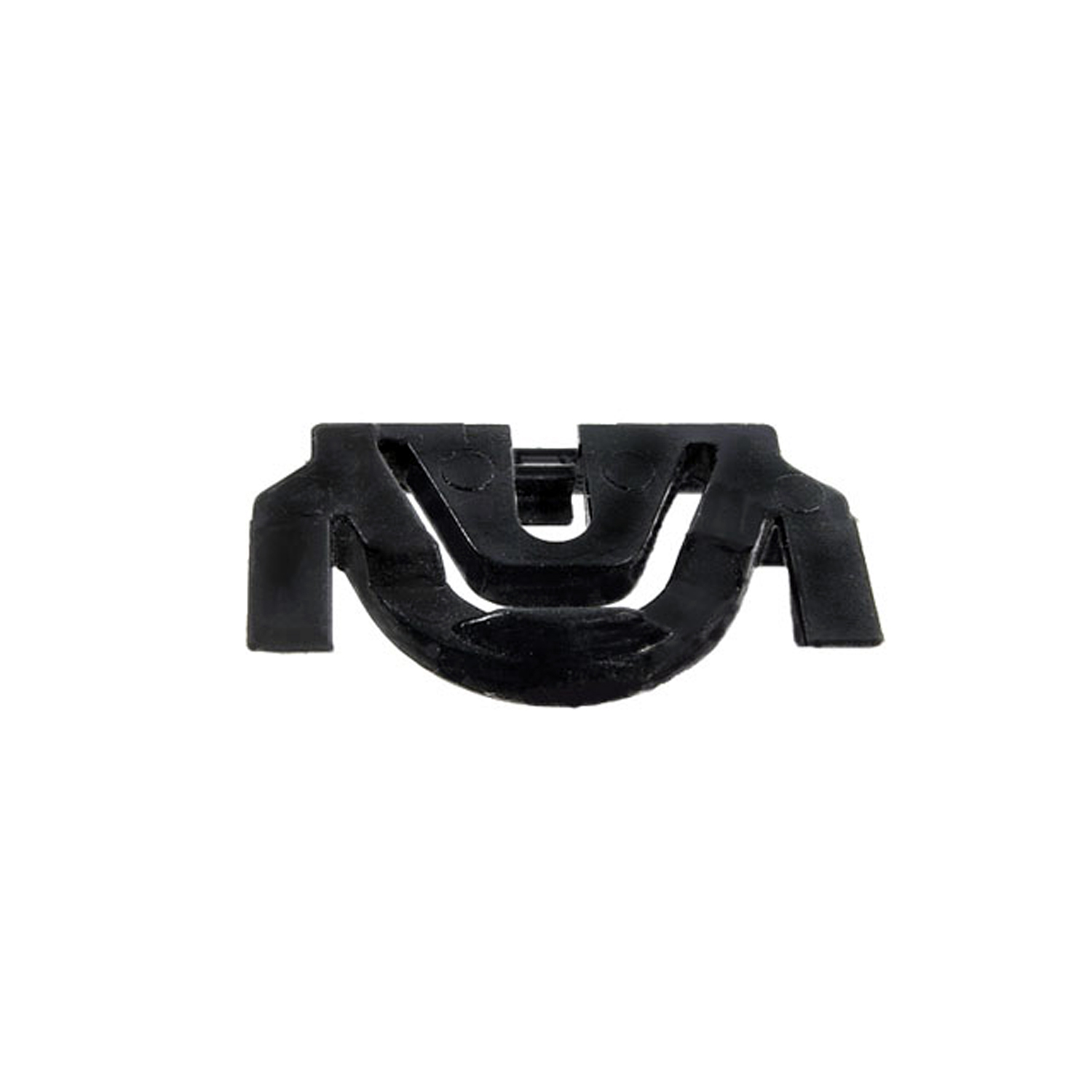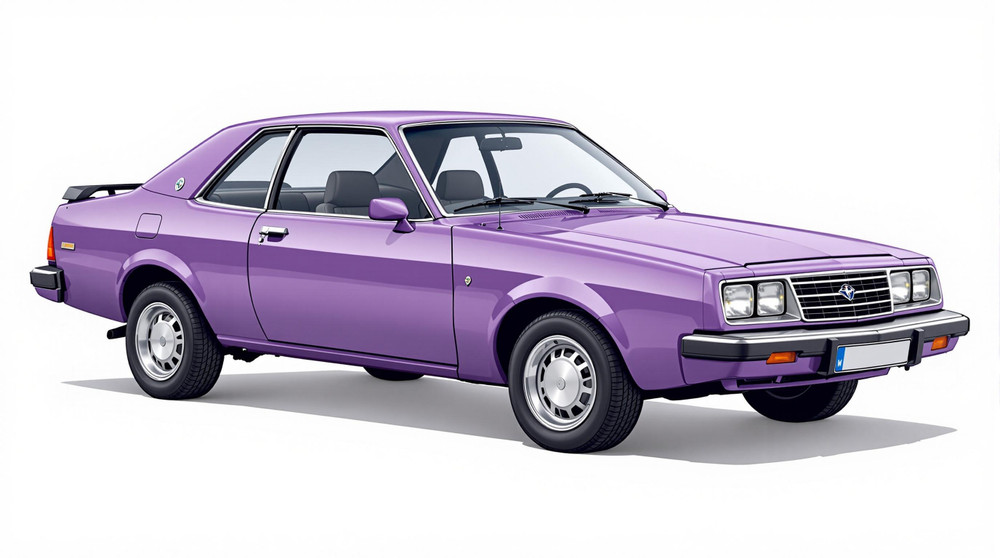Image of 1981 Plymouth Reliant, Note: These illustrations use artistic license and may differ from actual historical models.
Performance Metrics
Fundamental Metrics
Emotional Appeal
MMP Rating
| Engine Specifications | |
|---|---|
| Engine: | 2.2L I4, 2.6L I4 |
| Displacement: | 2.2 - 2.6L |
| Horsepower: | 84 - 92 hp |
| Torque: | 111 - 132 lb-ft |
| Compression Ratio: | 8.5:1 - 9.0:1 |
| Ignition System: | Electronic |
| Cooling System: | Liquid-cooled |
| Performance Specifications | |
| 0-60 Time: | 14 - 16 seconds |
| 1/4 Mile Time: | 18 - 20 seconds |
| Top Speed: | 100 mph |
| Transmission and Drive | |
| Drive Type: | FWD |
| Transmission Type: | 3-speed automatic, 4-speed manual |
| Fuel and Efficiency | |
| Fuel System Type: | Carburetor |
| MPG: | 20 - 25 mpg |
| Dimensions and Brakes | |
| Brakes: | Front disc, rear drum |
| Wheelbase: | 100.3 inches |
| Weight: | 2,400 - 2,600 lbs |
Note: Specifications for classic cars are given to the best of our ability, considering the limited and variant data available.
Unveiling the Understated Icon: The 1981 Plymouth Reliant
The year 1981 heralded the arrival of a vehicle that would become a symbol of American resilience and innovation during a time of economic uncertainty: the Plymouth Reliant. Manufactured by the Chrysler Corporation, the Reliant was not just a car; it was a statement of intent, a response to the fuel crises of the 1970s and the growing competition from foreign automakers. The Reliant, alongside its Dodge-branded sibling, the Aries, marked the debut of the K-car platform—a move that arguably saved Chrysler from financial ruin. A unique fact that car enthusiasts might find intriguing is that Lee Iacocca, then CEO of Chrysler, personally championed the K-car project as a cornerstone for the company's revival.
Design and Innovation: A Glimpse into the K-Car Era
The exterior styling of the 1981 Plymouth Reliant was quintessentially boxy, reflecting the design trends of its era. Its straight lines and angular silhouette were designed with aerodynamic efficiency in mind, albeit within the constraints of early '80s aesthetics. Inside, passengers were greeted with a functional and straightforward interior. The quality of materials was typical for an economy car of that period—durable but not luxurious. Technologically, it featured innovations such as front-wheel drive and transversely mounted engines that maximized interior space.
Color options ranged from subdued to vibrant, with shades like "Spinnaker White" and "Baron Red" catching buyers' eyes. The Reliant was available in various body styles including two-door coupe, four-door sedan, and even a station wagon variant. However, it was the sedan that became emblematic of the model's practical appeal.
Historical Significance: The Car That Saved Chrysler
The 1981 Plymouth Reliant wasn't just another addition to Chrysler's lineup; it represented a pivotal shift in American automotive engineering and marketing strategy. Its affordability and fuel efficiency were perfectly aligned with consumer needs during an era when gasoline prices were volatile. The K-car platform underpinning the Reliant became so vital to Chrysler that it served as a base for numerous models throughout the 1980s and early '90s.
Performance and Handling: An Economy Car With Heart
Performance-wise, no one expected a sports car experience from the Reliant. Its 2.2-liter inline-four engine delivered modest power, allowing for a top speed adequate for highway cruising and an acceleration from 0-60 mph that won't break any records but met everyday driving needs. Handling was competent for its class; it absorbed bumps adequately and remained composed on windy roads. Drivers often reported a surprisingly pleasant driving experience given its economy car status—the hum of its engine providing an unassuming yet reassuring soundtrack to commutes.
Ownership Experience: Practicality Above All Else
The Plymouth Reliant was predominantly used as a daily driver due to its reliability and cost-effectiveness. Maintenance was straightforward, making it an accessible choice for average owners who valued ease of repair over luxury or performance thrills.
Fun Facts: The Reliant's Place in Pop Culture and History
While not known for breaking speed records or being a staple in celebrity garages, the Reliant did have its share of interesting trivia. It occasionally appeared as background fodder in films and TV shows depicting everyday life in America during the '80s. Criticisms were often directed at its uninspired styling or lackluster performance, yet these aspects contributed to its charm as an unpretentious workhorse.
Collector's Information: Assessing Value in Simplicity
The current value range for collectors is modest; however, well-preserved examples can attract attention due to their increasing rarity. Production numbers were substantial given their popularity during their production run, but many have succumbed to time or neglect. As for appreciation or depreciation in value, it's best guessed that well-maintained examples may see slight appreciation as nostalgia for '80s vehicles grows among collectors.
Conclusion: Embracing Practicality as Virtue
The 1981 Plymouth Reliant may not have been glamorous or powerful, but it embodied practicality—a virtue that resonated with Americans facing economic challenges at the time. Its significance lies not in groundbreaking design or thrilling performance but in its role as a reliable companion during uncertain times—a testament to automotive history worth remembering.
1981 Plymouth Reliant Catalog of Parts
 1981 Plymouth Reliant Windshield and Rear Windshield Molding Clip. Made of steel-WF 216Windshield and Rear Windshield Molding Clip. Made of steel. 1-1/8" X 5/8". Each
1981 Plymouth Reliant Windshield and Rear Windshield Molding Clip. Made of steel-WF 216Windshield and Rear Windshield Molding Clip. Made of steel. 1-1/8" X 5/8". Each 1981 Plymouth Reliant Windshield and Rear Windshield Reveal Molding Clip-WF 225-AWindshield and Rear Windshield Reveal Molding Clip. Made of nylon. 2" X 11/16". Each
1981 Plymouth Reliant Windshield and Rear Windshield Reveal Molding Clip-WF 225-AWindshield and Rear Windshield Reveal Molding Clip. Made of nylon. 2" X 11/16". EachWhy Choose Metro?
For over 100 years, Metro Moulded Parts has been the pinnacle of quality in classic car restoration parts. Our commitment to precision and authenticity in every component ensures a perfect fit and an OEM-level appearance.
- Expert Craftsmanship & Quality: Each part is a testament to our dedication to reliability and perfection, crafted from original designs and thoroughly tested.
- Advanced Technology: We use cutting-edge techniques to create flawless, long-lasting parts that surpass others in performance.
- SuperSoft Sponge – The Ultimate Door Seal: Not only are our door seals 30% softer than competitors', but they're also guaranteed to never leak. They effectively reduce wind and road noise, enhancing your classic car's comfort and driving experience.
- Proudly American: Our parts are a product of American craftsmanship, made in the USA with a spirit of excellence and heritage.
- Unrivaled Warranty: We back our products with a 30-year industry-leading warranty, a testament to our confidence in their quality.
Join us in preserving the legacy of classic cars with parts that are crafted for perfection, not just made.

